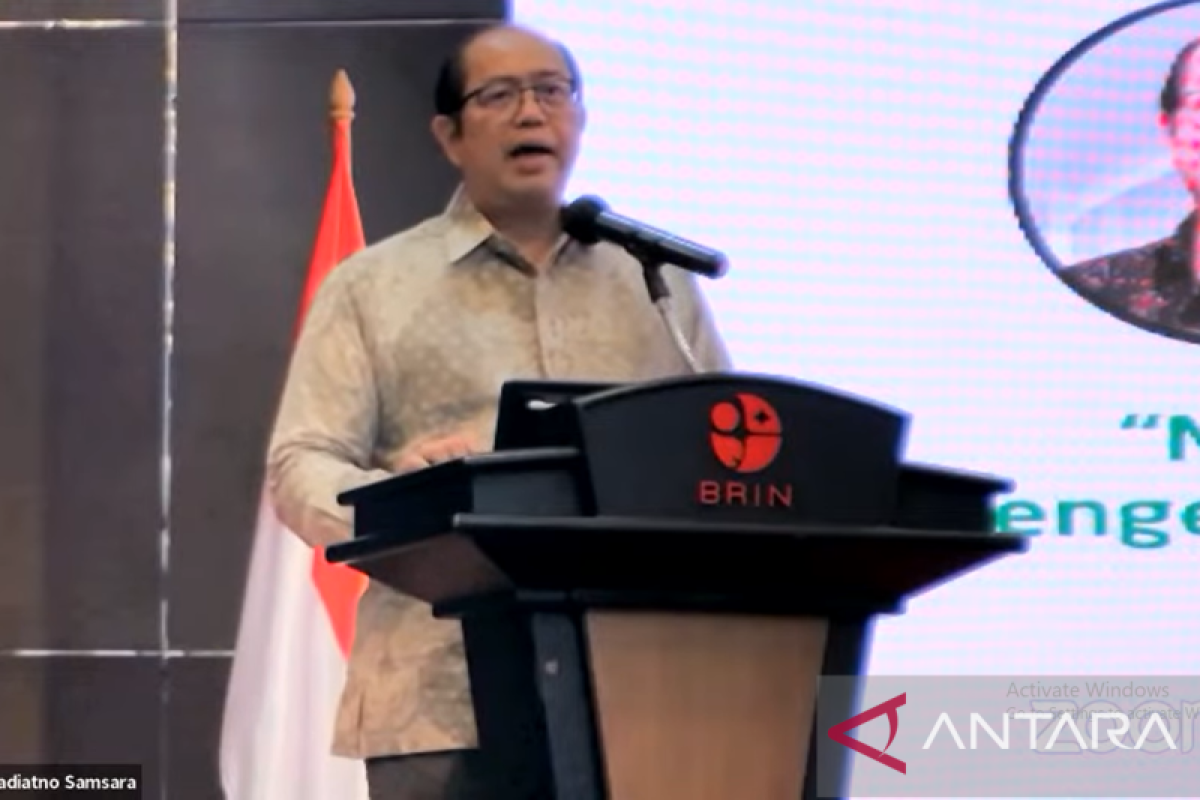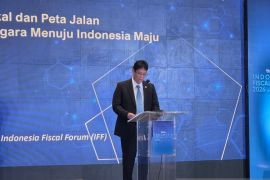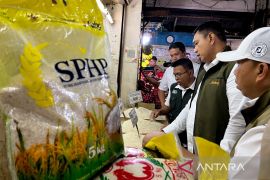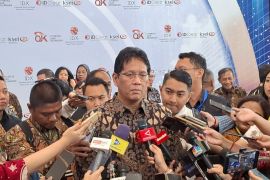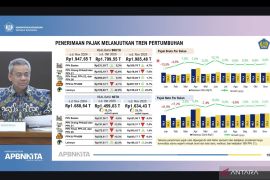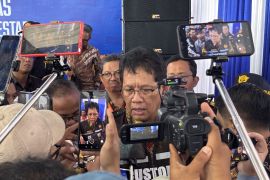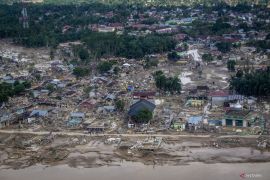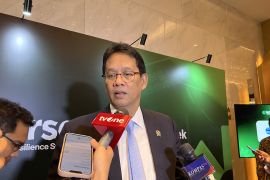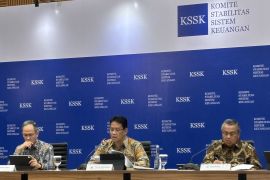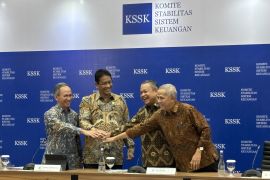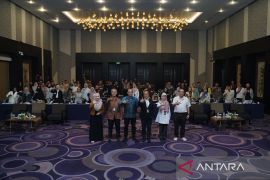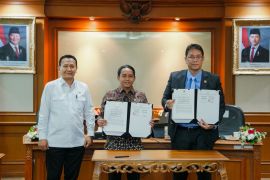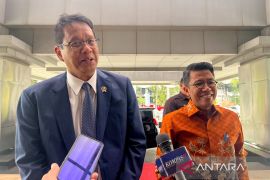Without adequate research, it will be difficult for us to invest further in this industrial sector and including in the downstreaming of natural resources...Jakarta (ANTARA) - Indonesian researchers and innovators must try to expedite the adoption of high technology to support the accelerated downstreaming of natural resources, according to the director general of budget at the Ministry of Finance, Isa Rachmatarwata.
"This is a challenge for all researchers, innovators, including those who are members of BRIN (National Research and Innovation Agency), to accelerate efforts to adopt high technologies, which can then be applied and used in our various industries, including industries that oversee the downstreaming of natural resources," he said in Jakarta on Thursday.
At the "Symposium of Economic Practitioners and Researchers (Pareto)," which was themed "The Downstream Industrialization of Natural Resources," Rachmatarwata noted that currently, for the development of natural resource downstreaming, Indonesia still relies on capital goods from abroad, which are generally expensive and of high value, so there is often uncertainty in investing.
In fact, quite a lot of investment is needed to downstream natural resources, he pointed out.
However, he added, it would be encouraging if domestically, the need for capital goods or the application of technology can be handled by Indonesian researchers and innovators, thereby reducing the dependence on capital goods imports.
"Without adequate research, it will be difficult for us to invest further in this industrial sector and including in the downstreaming of natural resources. This is where the important role of research and development driven by BRIN, which, we feel, absolutely must continue to be encouraged, improved, and strengthened," he explained.
For this reason, BRIN researchers need to play an increasingly central role so that they can accelerate the use of technology to encourage the downstreaming of natural resources.
Rachmatarwata expressed the hope that researchers would contribute more significantly to the development of new technology to increase efficiency and added value in the process of downstreaming natural resources, including in terms of processing, production, and materials engineering.
Scientists are also expected to help identify new ways, optimize production processes and energy, reduce waste, improve product quality, cut imports of raw materials, develop environmentally friendly techniques, and ensure that the use of technology does not harm the environment and society.
Researchers and innovators can also play a role in advocating for policy changes that support the use of technology to downstream natural resources.
"We hope that there will be more and more scientific evidence, scientific arguments that support policy changes that will facilitate investment and technology adoption in the natural resource downstream sector," he said.
By adopting a more proactive role, researchers, experimenters, and innovators can help boost the use of technology to support the downstreaming of natural resources to realize and provide greater benefits for sustainable and competitive industrial development.
"We hope for greater contributions from scientists, researchers, and innovators, also in terms of education, disseminating information about technology and innovation that we need to adopt and use in various efforts to downstream these natural resources," he said.
Related news: Gov't prioritizes titanium product downstreaming in Bangka Belitung
Related news: Downstreaming of natural resources supports green economy: Ministry
Related news: Indonesia promotes downstream industries, Nusantara in China
Translator: Martha Herlinawati Simanjuntak, Cindy Frishanti Oc
Editor: Azis Kurmala
Copyright © ANTARA 2023
